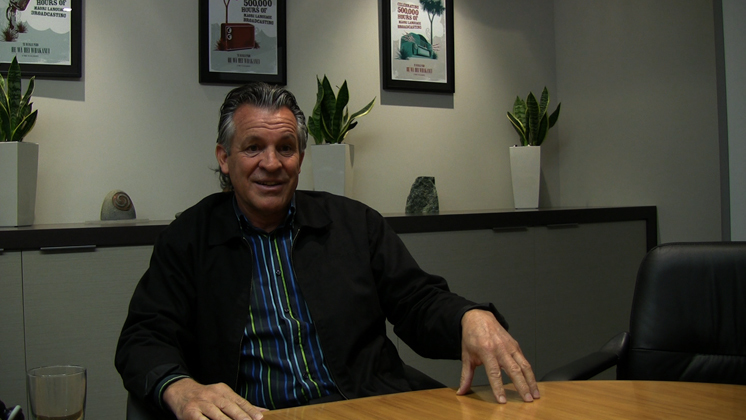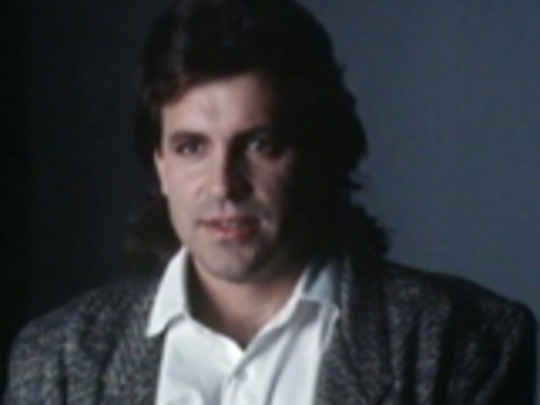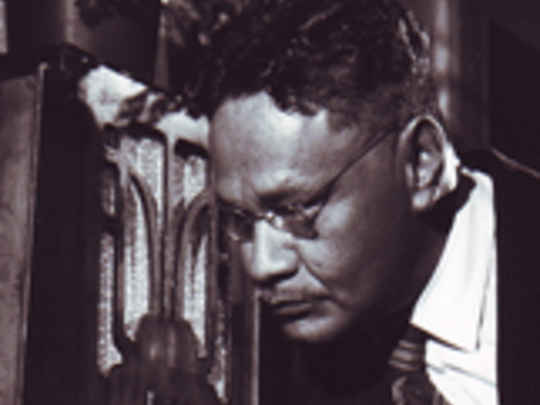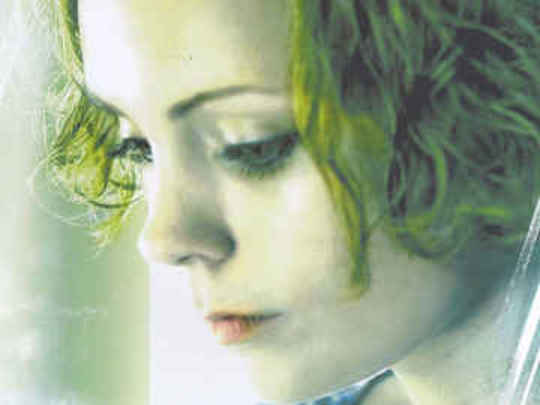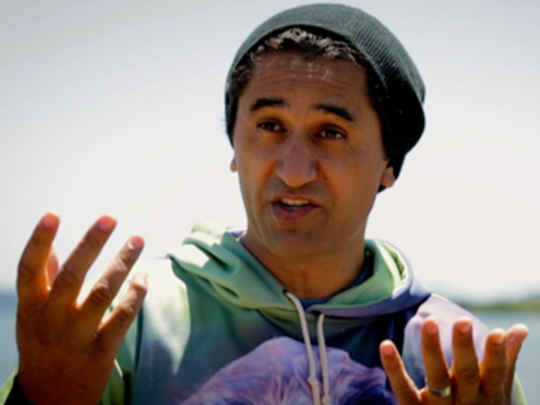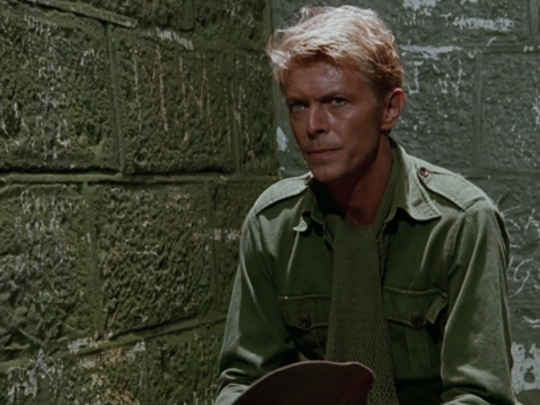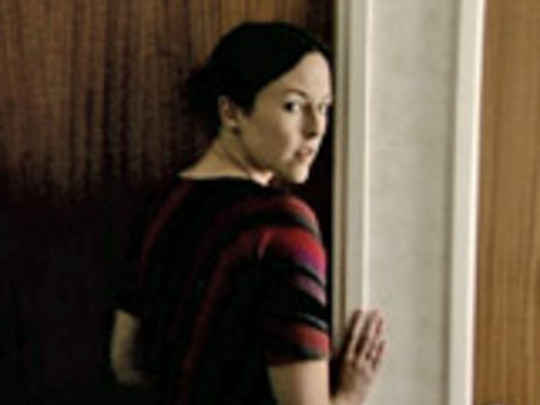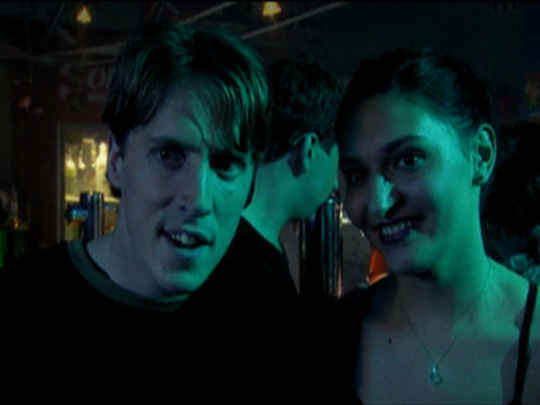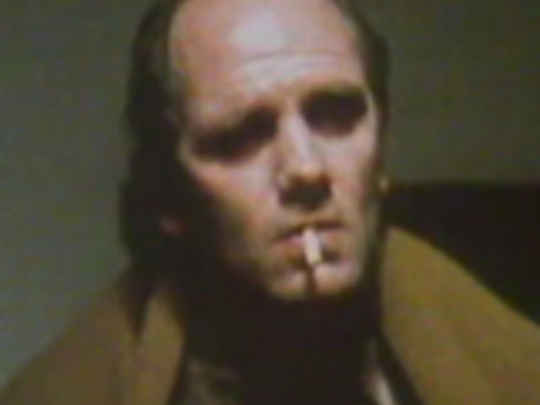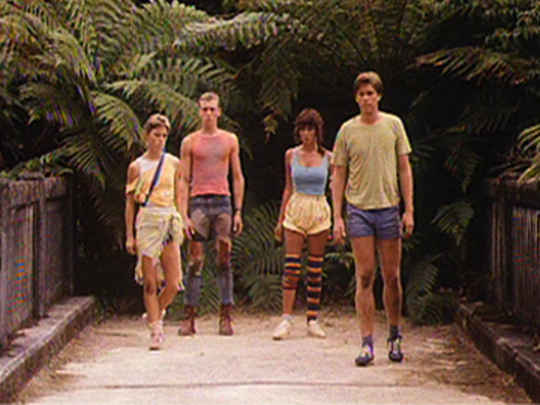Larry Parr: From classic feature films to Māori broadcasting...
Interview – 2009
Producer Larry Parr has had a hand in producing a number of classic New Zealand films, including Sleeping Dogs, Came a Hot Friday and Smash Palace. He has also made forays into directing with Fracture and A Soldier's Tale. After three years as Head of Programming at Māori Television, Parr became Television Manager at Te Māngai Pāho, which funds Māori radio and TV programmes.
In this ScreenTalk, Parr talks about:
- His unconventional path into the industry, having started out as a lawyer in a bank
- Early days working to raise the money for, and market, the iconic Roger Donaldson films Smash Palace and Sleeping Dogs
- Raising the finance for a raft of 1980s feature films (Bridge to Nowhere, Starlight Hotel, Queen City Rocker, Constance, Came a Hot Friday, Pallet on the Floor)
- The landmark 1989 Māori drama series E Tipu E Rea, which he produced and which launched the careers of a remarkable number of Māori filmmakers
- His time as Head of Production at TVNZ’s Avalon studios
- The failure of Kahukura Productions and the 'time in purgatory' he served between its collapse, and joining Māori Television in 2005 as Head of Programming
- Finishing his directorial debut Fracture and helping Taika Waititi complete his Oscar-nominated short film Two Cars, One Night
- The achievements of Māori Televsion in creating a receptive audience for Māori stories
- His role at funding agency Te Māngai Pāho and his vision for a bi-lingual Aotearoa and the promotion of te reo on our screens
This video
was first uploaded on 6 February 2009, and
is available under
this Creative Commons licence.
This licence is limited to use of ScreenTalk interview footage only and does not apply to any video content and
photographs from films, television, music videos, web series and commercials used in the interview.
Interview - Clare O'Leary. Camera and Editing - Leo Guerchmann
